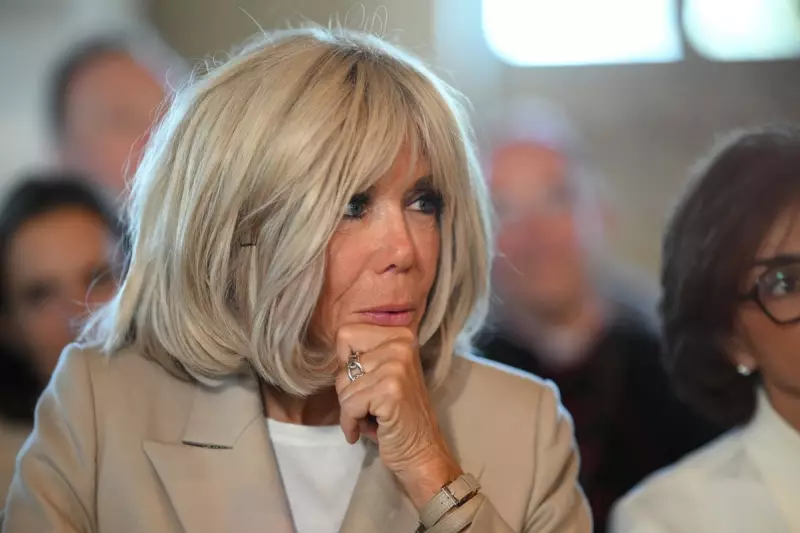
In a landmark legal confrontation that has captured international attention, French First Lady Brigitte Macron has taken a decisive stand against the dark underbelly of social media by facing her online tormentors in a Paris courtroom.
The Battle Against Digital Persecution
The trial, unfolding this week in the French capital, centres on 28 individuals accused of subjecting President Emmanuel Macron's wife to years of relentless online harassment, hate-filled messages, and bizarre conspiracy theories targeting both her and her family.
Among the most disturbing allegations presented to the court are claims that Brigitte Macron was born male—a baseless conspiracy theory that has circulated maliciously across various online platforms. The prosecution argues these falsehoods have created a toxic digital environment requiring legal intervention.
A Watershed Moment for Public Figures
Legal experts are closely monitoring the proceedings, which represent a significant test case for how Western democracies address the growing epidemic of online harassment targeting public figures. The outcome could establish important precedents for balancing free speech with protection from digital abuse.
The case has highlighted the particular vulnerabilities faced by political families in the social media age, where falsehoods can spread globally within hours and targeted harassment campaigns can persist for years.
Broader Implications for Digital Governance
This high-profile trial comes amid increasing pressure on social media companies to strengthen their moderation policies and enforcement mechanisms. French authorities have positioned this case as part of broader efforts to create safer online spaces while respecting fundamental freedoms.
The proceedings have sparked intense debate about where to draw the line between legitimate political criticism and unlawful harassment, particularly when such attacks extend to family members of elected officials.
As the trial continues, observers from multiple nations are watching closely, recognising that the verdict could influence how other democracies approach similar challenges in their own jurisdictions.





